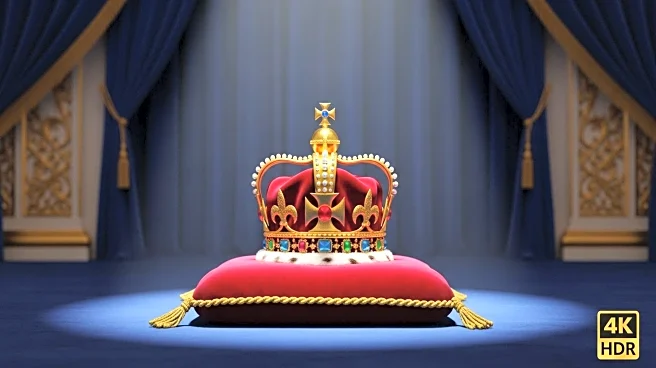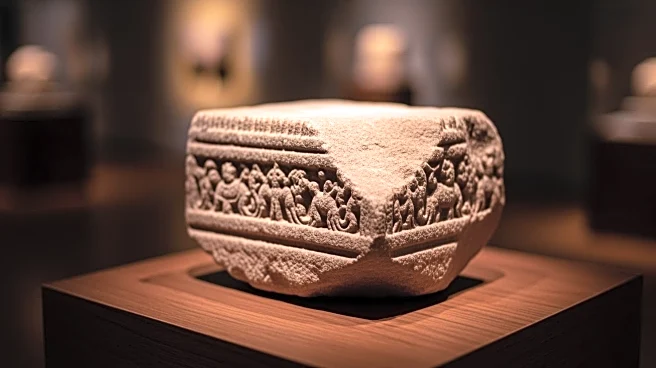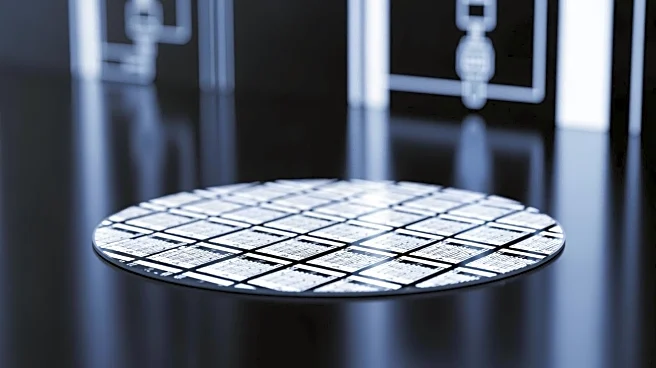What is the story about?
What's Happening?
Grand Duke Henri of Luxembourg is set to abdicate the throne after 25 years, passing the role to his eldest son, Guillaume. Henri has served as the head of state in a largely ceremonial capacity, alongside his wife, Grand Duchess Maria Teresa. His tenure included steering the country through significant challenges such as the 2008 financial crisis. Guillaume, who has been educated in various European countries and has worked in several international firms, will be crowned in a ceremony at the Grand Ducal Palace. Following the abdication, Guillaume will swear an oath to Luxembourg's constitution before the Chamber of Deputies and will tour the nation, concluding with a mass at Notre-Dame de Luxembourg cathedral.
Why It's Important?
The abdication marks a generational shift in Luxembourg's monarchy, with Guillaume inheriting the role amidst contemporary challenges such as climate change, geopolitical tensions, and economic upheaval. Luxembourg, a financial powerhouse within the EU, faces issues like an aging population, housing costs, and traffic congestion. Guillaume's role will be symbolic, yet he will have the opportunity to influence public discourse on these matters. The transition also highlights Luxembourg's position in international affairs, including its support for NATO and recent recognition of a Palestinian state.
What's Next?
Guillaume will assume the role of grand duke, symbolically heading Luxembourg's army and engaging with the nation's political and social issues. He will need to navigate tensions between unions, corporations, and the government, as well as address the challenges posed by immigration and infrastructure demands. His influence will primarily be through public speeches and symbolic actions, as the government retains the primary role in political decision-making.
Beyond the Headlines
The transition underscores the enduring nature of constitutional monarchies in Europe, where the role of the monarchy is largely ceremonial but still significant in terms of national identity and tradition. Guillaume's ascension may also reflect broader European trends in monarchy, where younger generations are increasingly taking on leadership roles amidst evolving political landscapes.















